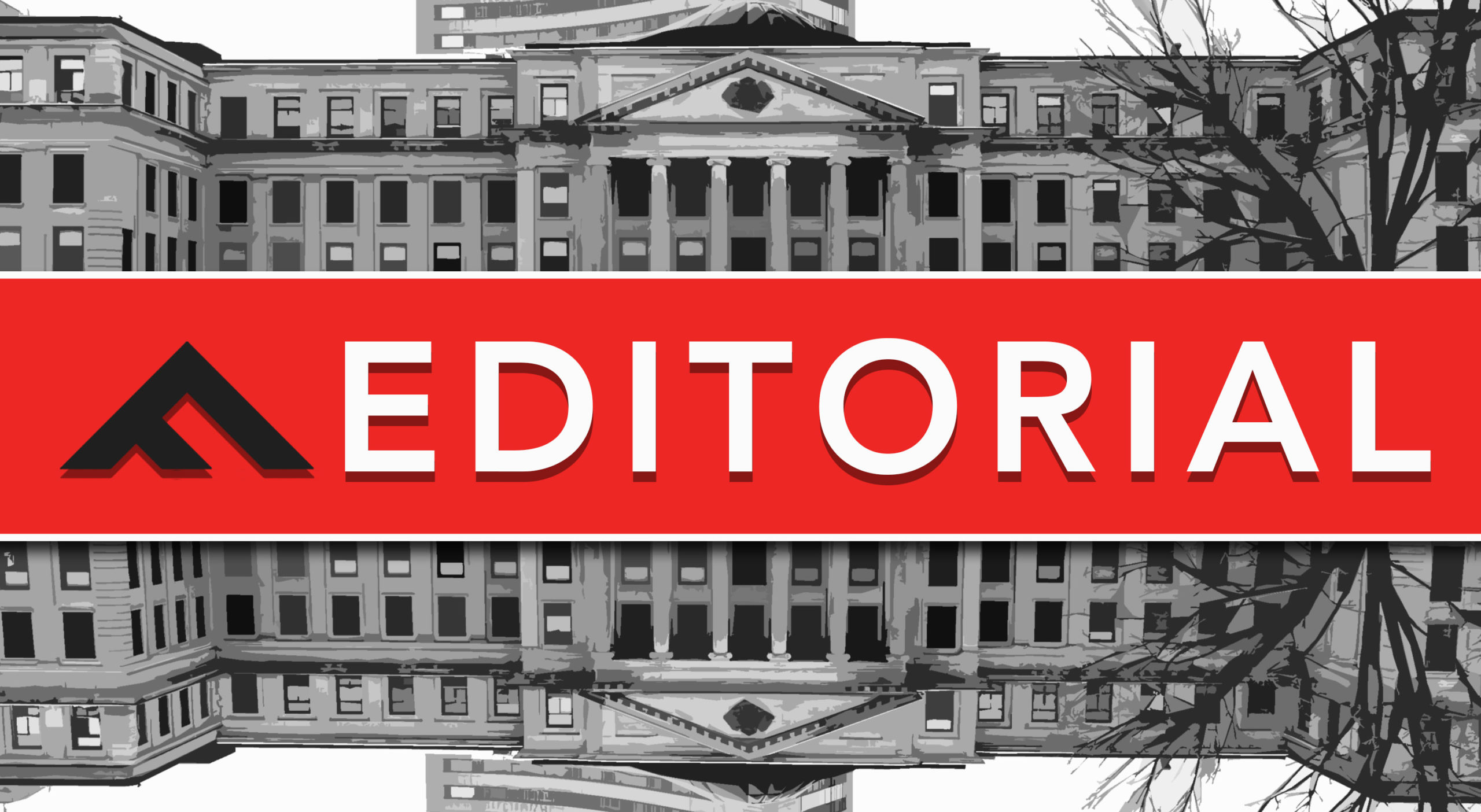Bill C-18 and its ramifications have been the stressor of the summer
Writers, broadcasters, and artists involved in all aspects of the already dwindling Canadian journalism industry have been scrambling to adapt to the consequences of the Online News Act, or Bill C-18.
The bill requires digital companies, such as Google and Meta, to pay news organizations whenever a user clicks on a link to read online articles — those which aren’t already paywalled.
The goal of the bill is to “support balanced negotiations between the businesses that operate dominant digital news intermediaries and the businesses responsible for the news outlets that produce this news content.”
What has resulted is the shattering of what is left of Canadian journalism, especially for aspiring reporters. Bell had cut 1,300 jobs and six radio stations in June, only 40 per cent of Canadians trust most news they consume, and dozens of newspapers have not survived the pandemic.
Despite the government’s best intentions — as great as intentions behind government policies can be — Bill C-18 has, thus far, had an adverse effect. Meta swiftly blocked access (including links and individual posts) to news organizations on both Instagram and Facebook — us unfortunately included. Google has said it is preparing to follow suit, but the results are already devastating.
From legacy outlets to student newspapers, all of us who were forced to adapt to social media and online journalism, their existence has disappeared in an instant. Although some accounts have survived Meta’s heavy hand, news in Canada via social media is effectively gone.
What does this mean for the Fulcrum?
We’re still here; we’ve survived the threat of the Student Choice Initiative and we’ll survive this too. However, this just means that readers will have to go the extra mile (ie. regularly checking our website) for our latest stories.
We’re planning to expand our content to TikTok and YouTube, with multimedia pieces being crafted more consistently. We’re also planning to re-vitalize our free, bi-weekly email newsletter, which will gather new pieces over the week. This is all in addition to our bi-weekly PDFs that we’ll continue to publish.
But we have lost access to one of our more accessible places to post new articles, share story call-outs, and ultimately engage with our audience.
What does this mean for Canadian news?
Unfortunately, in the middle of the rising prominence of conspiracy theories and misinformation, things will likely get worse before they get better. Despite the promise of permanence and personality attached to the internet, verified news sources are incredibly limited on these platforms. But it also means that the Canadian government should have done more to protect their news outlets.
In 2021, Australian news organizations, the government, and Meta were able to reach a negotiation after the threat of visible news links lingered over the country. Some argue it’s because the Australian government left themselves with room to negotiate. Although Australia is not Canada, the situation did leave a lasting impression on news organizations around the world.
No digital company, Meta, Facebook, or even Twitter/X, should wield that much power over content that is fundamentally intended to inform its audience. This energy could easily be put into improving policies that are designed to keep users safe, such as loopholes within harassment policies.
News outlets need help, not sheltering, in navigating financial stress and online platforms that promote twisted clickbait rather than valuable news. Freedom of the press is integral to the existence of any democratic nation.
And student newspapers should not have been caught in the crosshairs. We are directly paid by student fees and serve the student population — and are barely a threat to the UOSU elections, much less Meta’s bottom line.
Editorials are written by the Fulcrum’s 17 person editorial board and express the shared views and opinions of the Fulcrum’s editorial staff. To share your own views, email editor@thefulcrum.ca.








